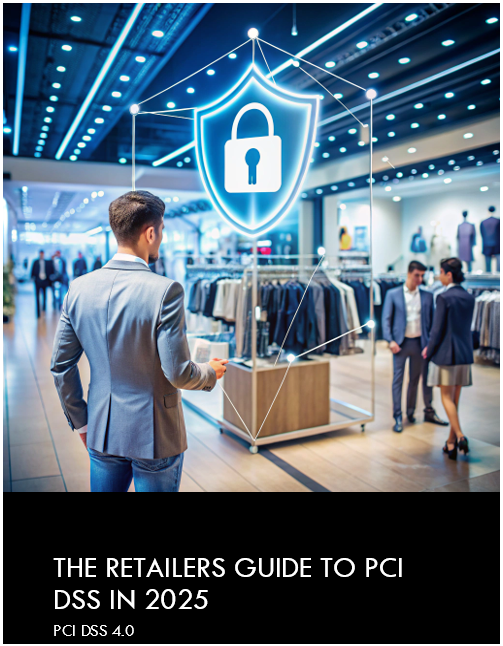LinkedIn’s €310 Million GDPR Fine: A Wake-Up Call for Data Protection
As a CISO, I’ve been closely monitoring the recent developments in data protection regulations and their impact on businesses operating in the European Union. The €310 million ($336 million) fine imposed on LinkedIn by the Irish Data Protection Commission (DPC) for violating the EU’s General Data Protection Regulation (GDPR) serves as a stark reminder of the critical importance of data protection compliance in today’s digital landscape.
This case is particularly significant as it highlights the increasing scrutiny that tech companies face regarding their data processing practices, especially in digital advertising. Let’s dive deep into the details of this case, its implications, and what it means for businesses operating in the EU market.
The Origin of LinkedIn’s GDPR Violation
The saga began in 2018 when a French non-profit organization filed a complaint with the French data protection authority. Subsequently, the complaint made its way to the Irish Data Protection Commission, which oversees LinkedIn’s EU operations due to the company’s European headquarters in Ireland.
The complaint alleged that LinkedIn was processing personal data in ways that violated the GDPR, particularly in relation to its advertising practices. This triggered a lengthy investigation by the DPC, culminating in the decision announced in 2024.
Specific GDPR Violations
The DPC’s investigation uncovered several infringements of the GDPR by LinkedIn. Specifically, the company violated Articles 5, 6, 13, and 14 of the regulation, which relate to:
- Principles of data processing
- Lawfulness of processing
- Information to be provided where personal data are collected from the data subject
- Information to be provided where personal data have not been obtained from the data subject
These violations indicate that LinkedIn was not fully transparent about its data processing practices, particularly in how it used personal data for advertising purposes. Moreover, the DPC found that LinkedIn had not obtained proper consent from users for certain data processing activities.
Implications for Other Companies
The LinkedIn case serves as a wake-up call for other companies operating in the EU market, particularly those in the tech and digital advertising sectors. It underscores the increasing scrutiny that data protection authorities are placing on companies’ data processing practices.
Key implications for other companies include:
- Increased regulatory focus on GDPR compliance
- Importance of transparency in data processing practices
- Need for proper consent and lawful basis for data processing
- Emphasis on data minimization
- Caution in acquiring and using third-party data
Steps for GDPR Compliance in Advertising Practices
In light of the LinkedIn case, here are some key steps companies can take to ensure GDPR compliance in their advertising practices:
- Conduct a comprehensive data audit
- Review and update privacy policies
- Implement robust consent mechanisms
- Enhance data subject rights processes
- Implement data minimization practices
- Conduct regular Data Protection Impact Assessments (DPIAs)
- Train employees on GDPR requirements
- Implement privacy by design principles
- Review third-party relationships
- Regularly review and update practices
Conclusion
The LinkedIn GDPR fine serves as a powerful reminder of the importance of data protection compliance in today’s digital landscape. As a CISO, I can’t stress enough how crucial it is for companies to take a proactive approach to data protection, particularly in advertising practices.
Key takeaways from this case are:
- Transparency is paramount in data processing practices
- Proper user consent is crucial, especially for advertising-related data processing
- Compliance is an ongoing process requiring regular audits and updates
As we move forward in an increasingly data-driven world, data protection will continue to be a critical issue for businesses of all sizes. The LinkedIn case demonstrates that even large, established companies can face significant consequences for non-compliance.
If you’re concerned about your company’s GDPR compliance, particularly in relation to advertising practices, don’t hesitate to seek expert guidance. A thorough review of your data protection practices could save you from potential regulatory action and help build trust with your users. Contact us for a free consultation on how we can help secure your business and ensure compliance with data protection regulations.
Reference: Irish Data Watchdog Fines LinkedIn





